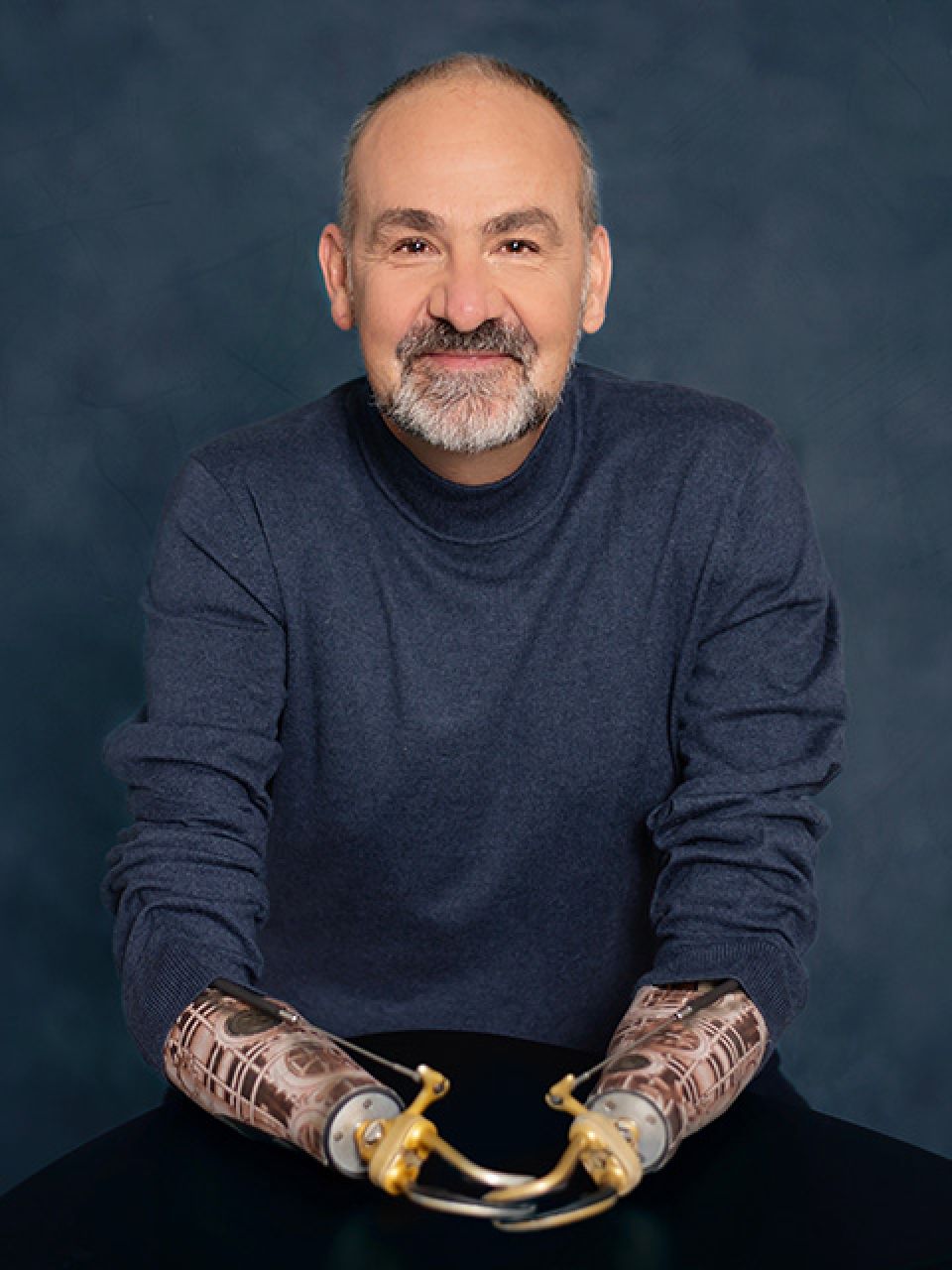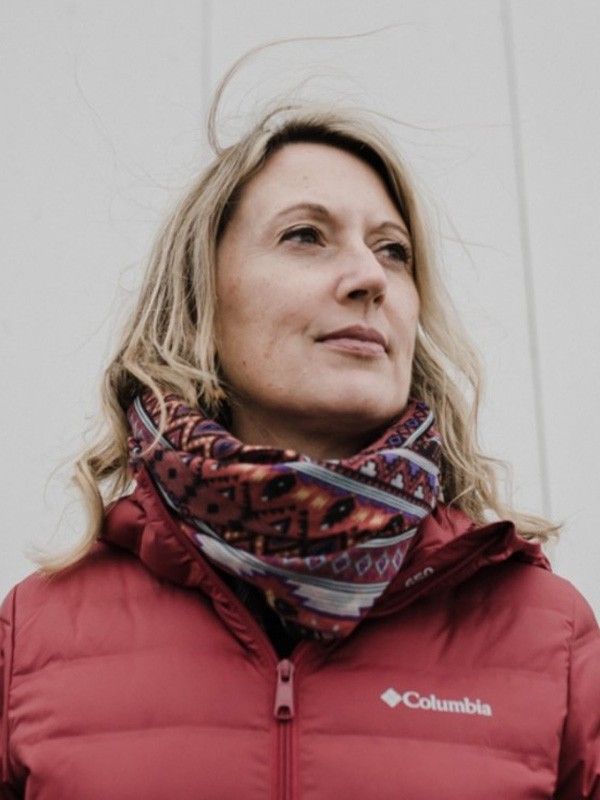Life & Limb - A monthly podcast about Living Well with Limb Loss
Current Episode: Advice for Her Younger and Future Self
Growing up in Victoria, British Columbia, possibilities in life were boundless for teenaged Andrea Swallow. Her teenage years were good, with social, athletic and academic endeavours accompanied by no more angst and pressures than that of other typical youth around her. Then she became an amputee, a survivor of a motorcycle accident. In a thrive feature several years ago, Andrea shared what she would say to her younger self equipped with what she knows now about acceptance, joy, self-care, peer support, emotional health and the impact of trauma. Now an amputee of 38 years, she ponders her future self, and shares how she is harking back to the advice she had for her younger self as she adapts to her life’s next uncharted stage.
Life & Limb Podcast is made possible with the support of Ontario Creates.
On Deck:
Hosted by
Jeff Tiessen, PLY

Double-arm amputee and Paralympic gold-medalist Jeff Tiessen is the founder and publisher of thrive magazine. He's an award-winning writer with over 1,000 published features to his credit. Recognized for his work on and off the athletic track, Jeff is an inductee in the Canadian Disability Hall of Fame. Jeff is a respected educator, advocate and highly sought-after public speaker.

